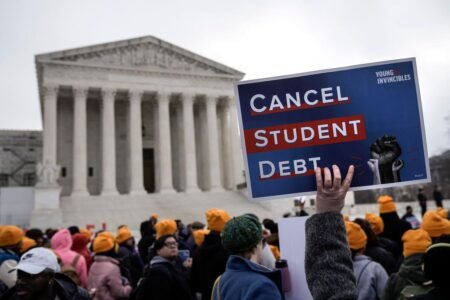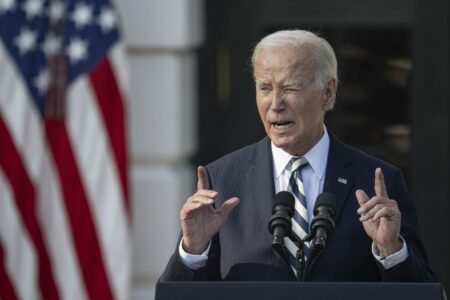Davenport Extreme Pools & Spas, Inc. faced legal troubles after failing to construct a promised pool for the Mulflur family, leading to a lawsuit over the refund of their payment. Additionally, social media criticisms about Davenport’s work were made by other dissatisfied customers. The company was also involved in a lawsuit against a couple who decided to cancel their contract with Davenport due to financial concerns related to an expected child, further complicating the legal situation.
The introduction of the Uniform Public Expression Protection Act (UPEPA) in Iowa had an impact on the legal proceedings involving Davenport and its disgruntled customers. The Mulflur family used the UPEPA to have Davenport’s lawsuit against them dismissed, with the trial court ruling in their favor and awarding them attorney fees. Davenport appealed to the Kentucky Court of Appeals, challenging the constitutionality of the UPEPA, which had not been adopted in Kentucky at the time of the initial lawsuit.
The Court of Appeals conducted a de novo review of the case, addressing various legal arguments raised by Davenport regarding the applicability and constitutionality of the UPEPA. The court concluded that the UPEPA did not infringe upon Davenport’s substantive rights and was not retroactively applied, allowing for the dismissal of Davenport’s claims against the Mulflur family. The court also rejected Davenport’s arguments related to tortious interference claims and defamation allegations.
Davenport’s efforts to challenge the attorney fees awarded in favor of the Mulflur family were unsuccessful, with the Court of Appeals upholding the trial court’s decision. The court clarified the application of the UPEPA fee provision, emphasizing the intent to reimburse parties for expenses incurred in defending against lawsuits targeting their protected speech. Additionally, Davenport’s argument regarding the timing of the fee award in relation to the appeal process was dismissed by the court.
Overall, the Court of Appeals affirmed the trial court’s rulings in favor of the Mulflur family, highlighting the protections provided by the UPEPA against frivolous lawsuits that impede free speech rights. The court’s analysis addressed key points of contention raised by Davenport, shedding light on the implications of the UPEPA in safeguarding individuals’ rights to express opinions on matters of public concern. The case may be subject to further review by the Kentucky Supreme Court, potentially impacting future interpretations of the UPEPA and its role in protecting free speech.












